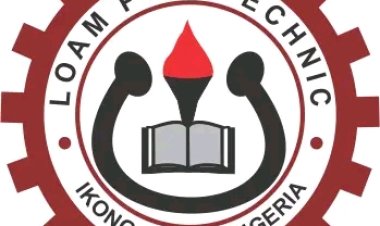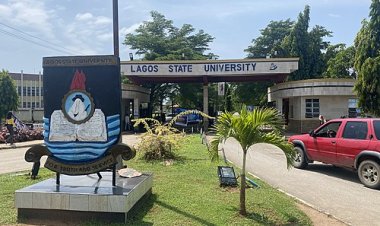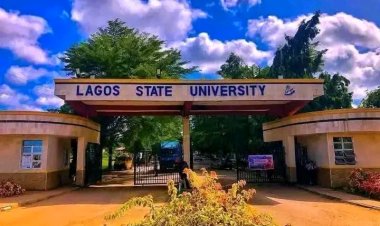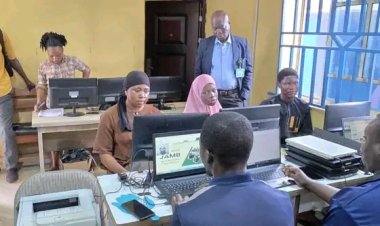IAUE CONVOCATION: Political Economy is a Driving Force for Sustainable Higher Education
Titled "The Economy and Sustainable Higher Education in Nigeria", the Professor of Development Economics called for a devotion of an increasing proportion of Nigeria's annual budget such that it could achieve 20% in the next 5-10 years to correct the decadence in the nation's public universities and other tertiary institutions of higher learning.

To achieve sustainable higher education in Nigeria, the nation needs to restructure its political economy to boost the production of goods and services to revitalise the economy and lead to more funds for the education sector.
Read also:Ignatius Ajuru University of Education (IAUE) Ranked Top Institution By WES CANADA
That was the submission of Professor Willie Okowa in a convocation lecture delivered at the auditorium of Ignatius Ajuru University of Education on Wednesday, April 24, as part of the activities marking the 42nd convocation ceremony of the institution.

Titled "The Economy and Sustainable Higher Education in Nigeria", the Professor of Development Economics called for a devotion of an increasing proportion of Nigeria's annual budget such that it could achieve 20% in the next 5-10 years to correct the decadence in the nation's public universities and other tertiary institutions of higher learning.
Prof. Okowa illustrated that in 2022, the total budget on education as a percentage of the total government budget was 5.39% in Nigeria, against 12.8% in Cameroon, 13.2% in Ghana, 23% in Ethiopia, 16.4% in Cote D'Ivoire and 17.2% in the Benin Republic.
Read also: Inaction of Government Bane of Corruption - IAUE Professor Orluwene
Although Nigeria is endowed with natural and human resources, the erudite economist noted that resource endowment alone does not create wealth, instead, it is vibrant economic institutions that determine sustainable economic progress.

He harped on the urgent need to restructure the country's political economy, as he insisted that what is happening in the education system is the result of the systemic corruption that projects only the interest of the political class.
He attributed the leading causes of poorly educated students graduating from the nation's higher institutions to poor funding, inadequate facilities and poor teaching and learning environments.

He further posited that Nigeria's rapid population growth is putting pressure on the ability of the economy to adequately fund higher education, leading to gross inadequacy in facilities, as he recommended a policy of two children per person to control population growth in the country.
Read also: IAUE: VC Calls on Home Economics Department to Ensure Sustainable Future
The convocation lecturer said there was nothing wrong if industry experts were employed to teach part-time irrespective of their educational qualification to impact the practical knowledge they acquired through years of industry practice.
Prof. Okowa recommended improved funding, reduction in population growth, promotion of entrepreneurship and innovation, investment in research and development, application of technology and digital transformation and strengthening of governance and accountability to lift the education sector from its present situation.

In his remarks, the event's chairman, Prof. Tamunopriye Agiobenebo, observed that rot in Nigeria's education system is due to a weak economic system caused by systemic corruption.
On his part, the Acting Vice-Chancellor, Prof. Okechuku Onuchuku, while noting the nexus between a buoyant economy and sustainable higher education, regretted that the economic indicators in the country are not encouraging.
Read also: IAUE: Governing Council Not on Witch Hunt, Says Pro-Chancellor, Chief Adokiye
Similarly, the Acting Registrar, Mr Donald Okogbaa, applauded the convocation lecturer for mirroring the nation's economy and how it affects the education sector.





